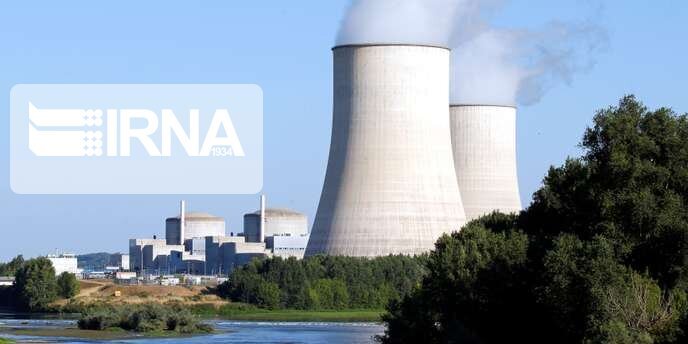U.S. to renew sanctions waivers for five Iran nuclear programs: Washington Post

After an internal policy battle, the Trump administration is set to announce later this week that it will once again waive five different nuclear-related sanctions on Iran, preserving a key part of the Obama-era Iran nuclear deal.
According to the Washington Post, the decision will upset Iran hawks in Washington and be welcomed by Russia, China, European allies and the Iranian leadership. The issue is emblematic of the tension inside the administration over the implementation of President Trump’s “maximum pressure” policy.
In an Oval Office meeting last week, Trump sided with Treasury Secretary Steven Mnuchin, who argued that the administration should again renew sanctions waivers related to five separate parts of Iran’s nuclear program. Mnuchin prevailed over the objections of Secretary of State Mike Pompeo and national security adviser John Bolton, according to six administration officials. Pompeo, who is the lead official on the issue, will nevertheless support Trump’s decision when it is announced later this week.
Mnuchin, these six officials said, argued to Trump that if the sanctions were not again waived as required by law by Aug. 1, the United States would have to sanction Russian, Chinese and European firms that are involved in projects inside Iran that were established as part of the 2015 nuclear deal.
These projects include modifying a heavy-water reactor in Arak and converting an enrichment center at Fordow as well as fuel exchanges at the Bushehr nuclear reactor facility and the Tehran Research Reactor.
The State Department, which is the lead government agency on the issue, last renewed the waivers in May even as it declined to renew two other nuclear-related sanctions waivers. The soon-to-be-announced waiver extensions will give those projects another 90 days of immunity. In April, the Trump administration canceled all waivers for all imports of Iranian oil.
The National Security Council, the State Department and the Treasury Department all declined to comment on the record about internal deliberations.
Earlier this month, Trump seemed to indicate that the nuclear waivers would not be extended, when he reacted on Twitter to news that Iran had exceeded the uranium enrichment levels agreed under the nuclear deal. “Sanctions will soon be increased, substantially!” he tweeted.
Inside the administration, some officials argued the projects give the United States and the international community crucial insight into Iran’s nuclear program.
“There’s always been a tension inside the administration between those who want to preserve elements of the [Iran nuclear deal] as a framework for negotiations and those who see it as a fatally flawed agreement that provides Iran patient pathways to atomic bombs,” said Mark Dubowitz, executive director of the Foundation for the Defense of Democracies. “Our policy objective is to maximize maximum pressure. These nuclear waivers never made sense, and they definitely don’t make sense in the context of a maximum pressure campaign.”
Daryl Kimball, president of the Arms Control Association, said that since Trump’s “maximum pressure” policy is not going to work anyway, the projects themselves should be saved for their intrinsic value.
“It’s in the U.S. national and international security interest to extend these waivers to allow these projects, which were designed to make Iran’s nuclear programs more proliferation-resistant,” he said.
Some officials insist that the nuclear waivers do not dilute the “maximum pressure” campaign much. “We are permitting restrictions on Iran’s nuclear program to continue while we cripple Iran’s economy,” one official said.
But for most officials, lawmakers and diplomats, the issue is whether the Trump administration and Trump himself are really committed to the unilateralist, aggressive, full-break-from-Obama Iran policy they are always touting. This move could be interpreted as a signal they are not.
“It’s going to be seen as tacit approval that Iran has a right to have a nuclear enrichment program, which we do not accept,” one official said. “That’s not the policy.”
Leave a Comment